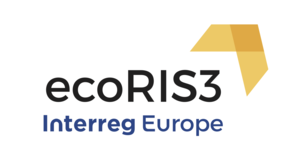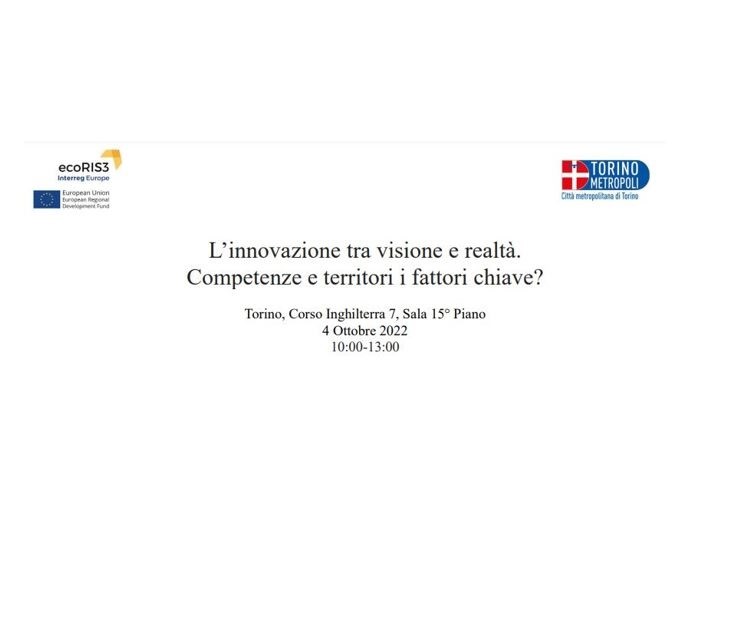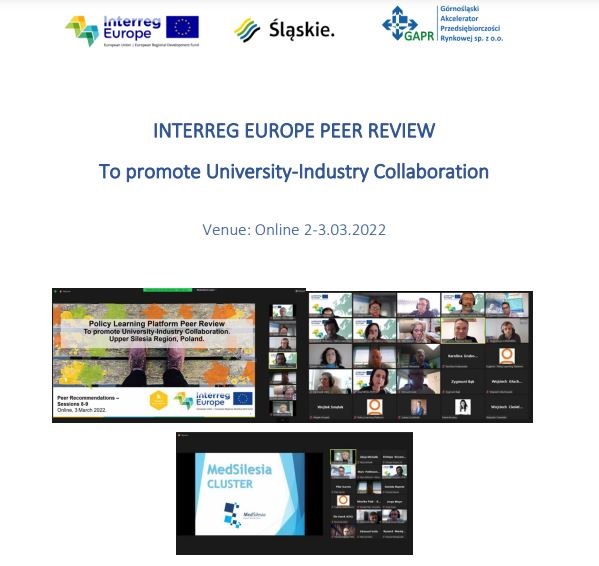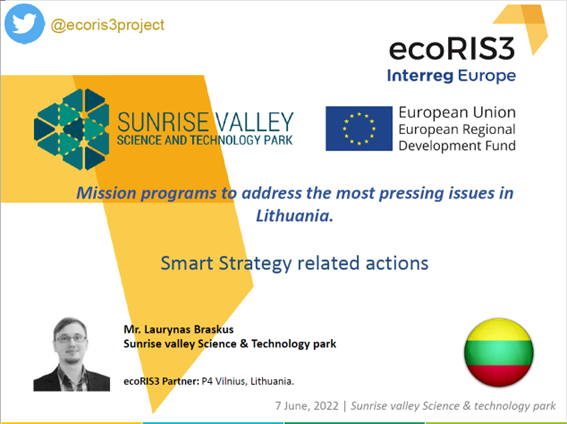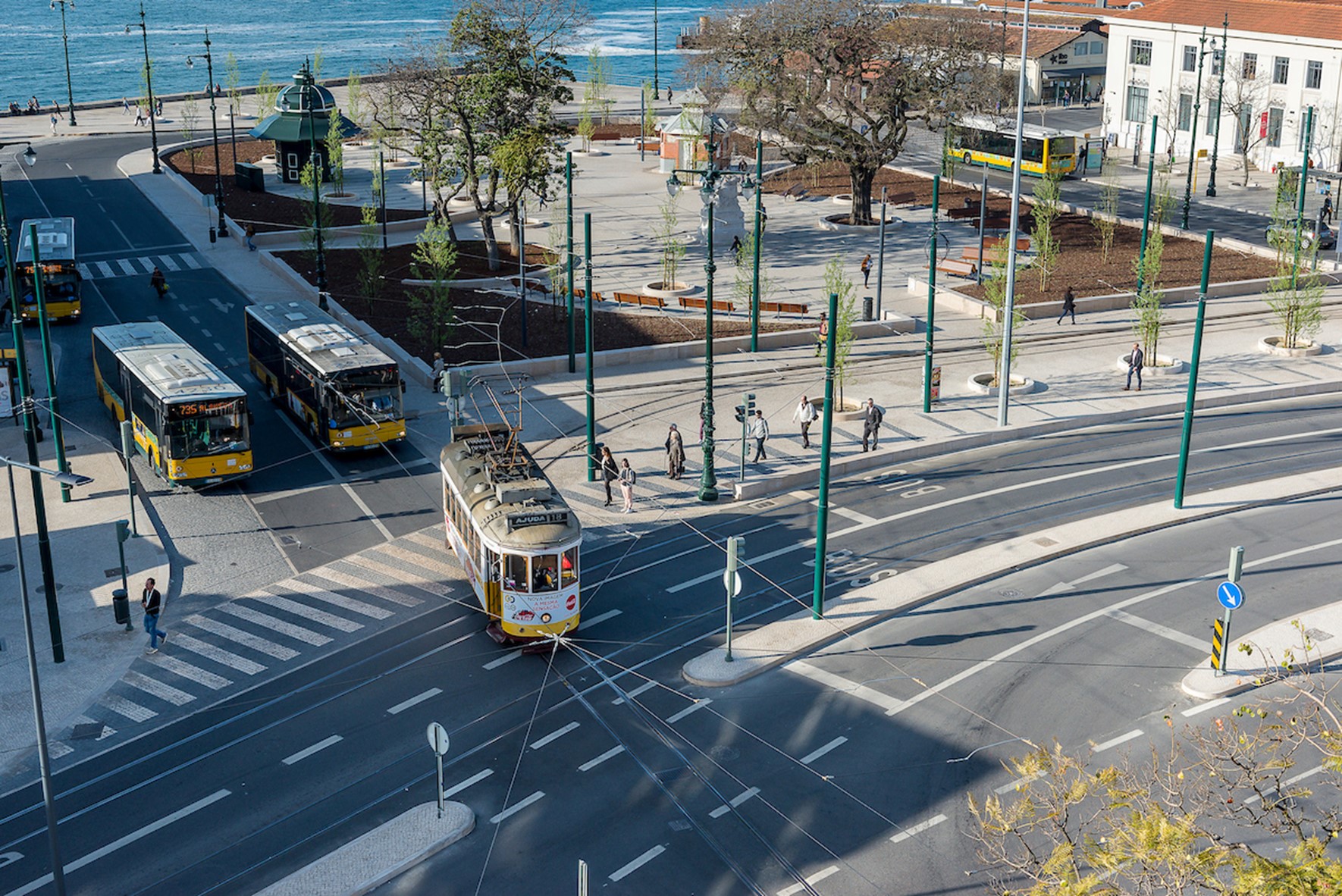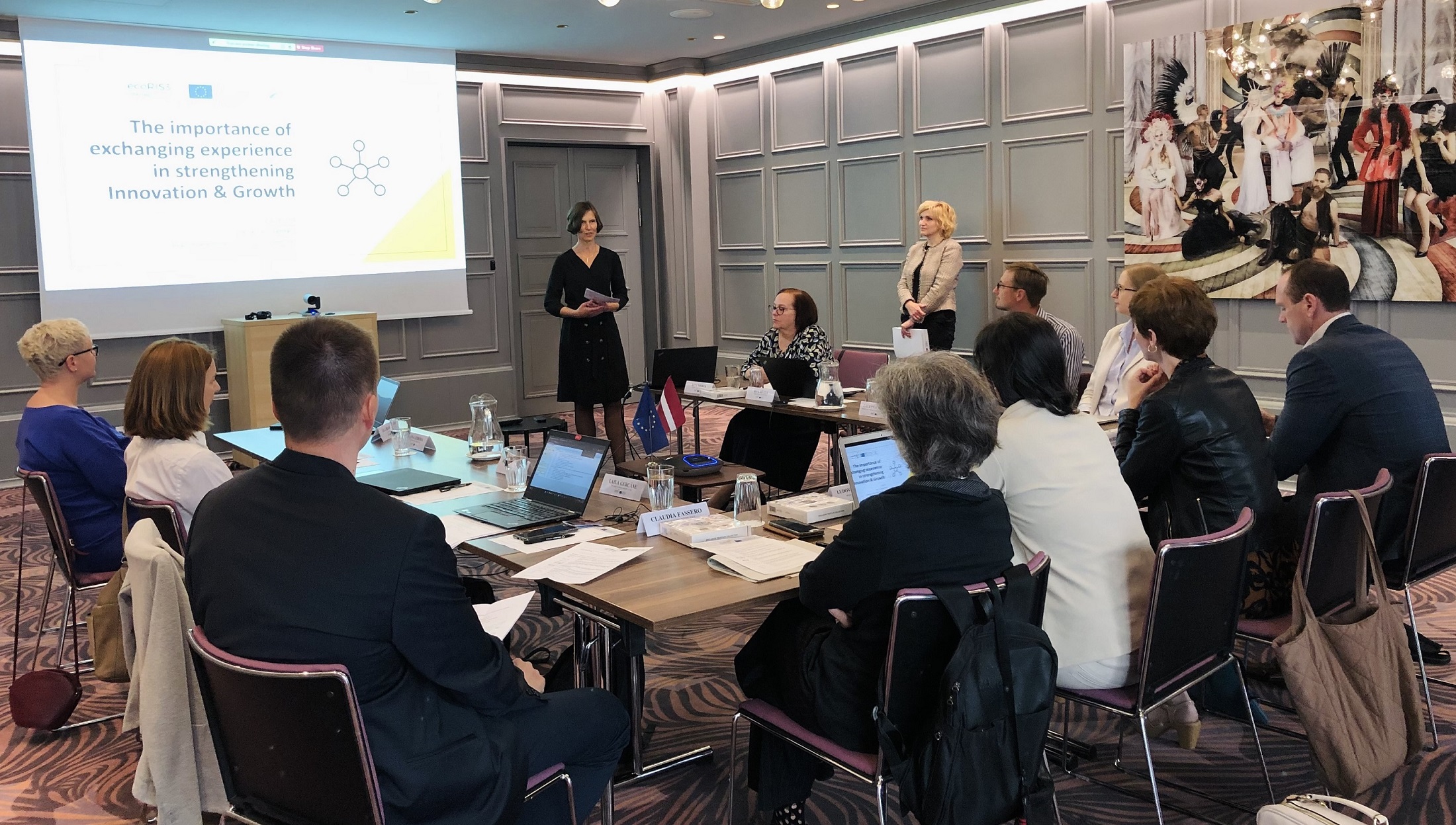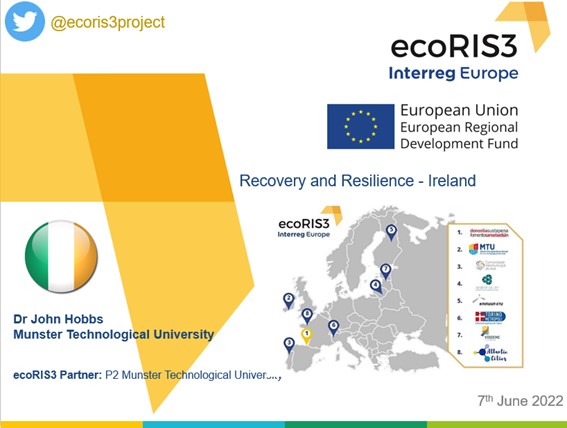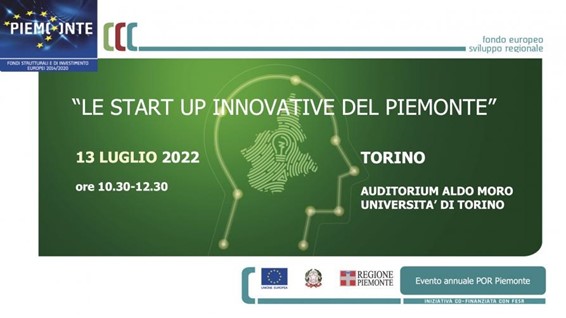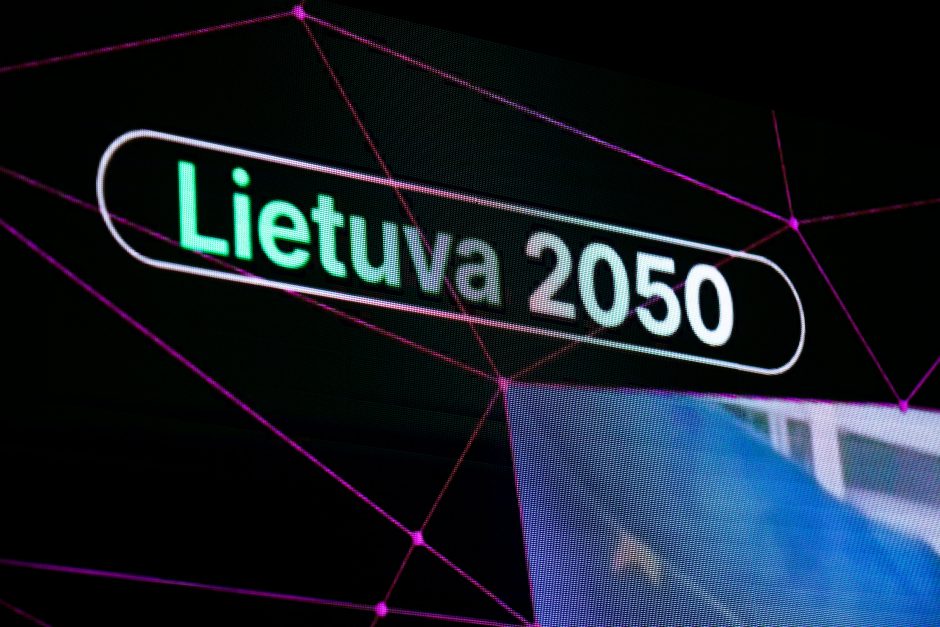A historical opportunity to speed up Green and Digital transformation
COVID‑19 related actions lead a historic opportunity to speed up Green and digital transformation based on building alliances between the states and private sector. The unprecedented stress from the pandemic and war in Ukraine events of the past years have presented a renowned opportunity to mobilize enough public support global green agenda.
No doubt that the challenges and opportunities from green transformation will be multifaceted not least for the small Baltic countries, which have less resources compared to larger euro area peers to make the ambiguous investments into the innovative technologies underpinning the green transition. The challenge of the war in Ukraine have added urgency to address long‑standing dependency on fossil resources (like oil and gas) to move towards green economy and digital transformation all at the same time.
The Baltic countries have started to devise investment plans for a transition into a more green, circular, and digital economies, which are required to reach the ambiguous 2050 climate neutral ambitions. The Baltic countries are well positioned to match the green ambitions with the start of the new EU structural funds program running from 2021 to 2027. We are today at the initial stages of research what green technologies will provide the ultimate cost‑efficient solutions to replace large parts of the fossil‑fuels run economies with limited circulation of resources. On its way to the more climate friendly economies the definition of climate neutrality and related standards are likely to change as we learn more about the new enabling technologies coming to the market.
Lithuania’s recovery and resilience plan
The Lithuania’s recovery and resilience plan (RRP) earmarks the grants of €2.225 billion Euro for Lithuania which will be used for 7 pillars: 1) green transition, 2) digital transformation, 3) health, 4) social affairs, 5) research and innovation, 6) education, and 7) public governance. The reforms and investments in the plan will help Lithuania become more sustainable, resilient, and better prepared for the challenges and opportunities of the green and digital transitions. To this end, the plan consists of 30 measures, covering investments and reforms. They will be supported by €2.22 billion in grants; 37.8% of the plan will support climate objectives and 31.5% of the plan will foster the digital transition.
It is planned that total of €453.73 million will be spent on higher education, research and innovation. The reforms are planned under this component:
1. High quality higher education and strong research and study institutions.
2. Effective implementation of innovation policy, higher demand for innovation, development of start-up ecosystems and green innovation.
3. Joint research and innovation missions in Smart Specialization.
Lithuania’s plan will accelerate reforms and investments in education as well as healthcare. The plan will also invest in more sustainable power generation and energy storage, promote green mobility, facilitate the 5G rollout and strengthen social protection. All reforms and investments must be completed by August 2026.
The RRP supports the green transition through reforms and investments of €218 million in energy efficiency renovations of buildings to foster a sustainable urban environment and €242 million in generation and storage of renewable energy. Furthermore, €347 million will be invested in sustainable mobility supporting the replacement of polluting road transport vehicles, improving public transport services, establishment of charging/refilling infrastructure for vehicles using alternative fuels, and developing alternative fuels sectors (biomethane, second generation liquid biofuels, hydrogen). The plan also supports the restoration of degraded peatlands (€16 million) and increased resource efficiency through the adoption of the Circular Economy Action Plan.
The strength of EU for next generations in not only facilitating agreement on a common path to climate neutrality across many countries now, but the green transformations offering common goals and long‑term benefits to be shared on a global scale. COVID‑19 has offered us tremendous opportunity we will learn next decades.
For Further information on updated RRP please follow the Factsheet: Lithuania’s recovery and resilience plan or contact Mr. Laurynas Braskus from Sunrise valley Science & technology park by e-mail [email protected].
